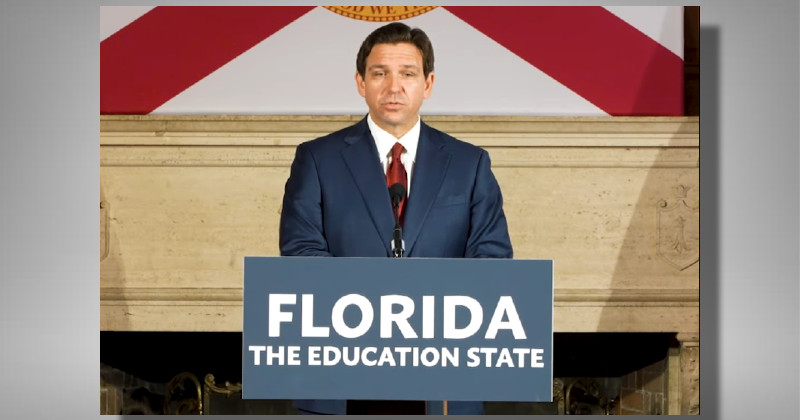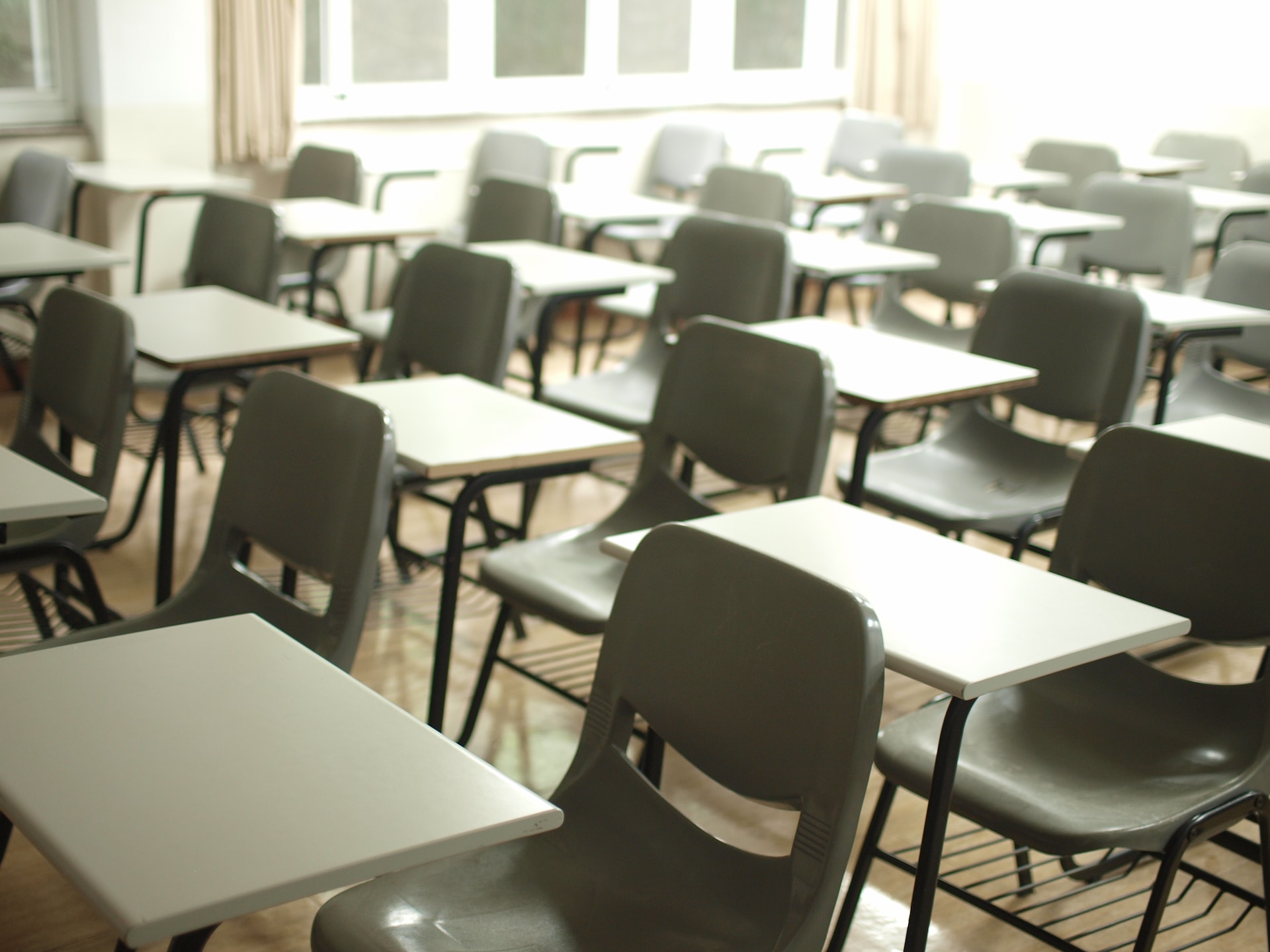Looking at states that offer school choice options, Florida is a state that has legislated several programs. However, do these programs provide benefits for all families and children? The quick answer is no because legislated programs are always targeted towards specific populations while interjecting limited or minimal dollars.
Florida Options
Families in Florida are better off than in most states when it comes to school choice options. Like all other states, parents can choose from the three primary groups: public, private, and homeschool. The Florida Department of Education website identifies six categories with the first listing the seven scholarship programs the state offers. The next two categories provide specific information relevant to private and charter schools including directories that allow parents to quickly search by the school district. Another category–Other Choice Options–provides homeschool information along with some nuanced programs that fall under the purview of public education. The Virtual Education category addresses what Florida offers for those parents interested in this option. Overall, the website provides information and is rather easy to navigate.
However, these programs are created based on the legislative process, which often takes years. That’s one reason why there seems to be a disconnect between what parents are seeking, what they know and what they understand. Following legislation, then wading through state statutes can be challenging for those who live and breathe policy. For working parents who are trying to find an educational environment that best meets the needs of their child, it is more often than not an overwhelming venture.
What parents eventually discover is that legislated programs are built around qualifying criteria. The two most common qualifiers are children of low socio-economic income families or children with disabilities. If a family or child doesn’t meet the criteria, then the only option is to remain in their zip code assigned public school.
The Family Empowerment Scholarship (FES)
Let’s take a closer look at a recently legislated program, the Family Empowerment Scholarship (FES). It was passed and signed into law on May 9, 2019, as a K-12 option for parents to send their children to a private school, if they meet the specific criteria. In 2021, HB 7045 was passed and signed into law, which amended the program. One primary element was to roll the existing Gardiner Scholarship, a program for children with disabilities, into the FES.
Based on these changes the program currently offers two branches of eligibility, the Family Empowerment Scholarship for Educational Options (FES) and the Family Empowerment Scholarship for Students with Unique Abilities (FES-UA).
The FES Educational Options branch outlines eligibility that’s focused on family income, where the FES-UA was added as an Education Savings Account (ESA) and is focused on students with unique abilities or disabilities. Based on the legislation seeking program consolidation, the Gardiner and McKay Scholarship programs will both be rolled into the FES program and will no longer exist as separate programs after the 2022-2023 school year. See 1002.394 for full eligibility requirements.
In addition, HB 7045 made adjustments such as the number of students that can take advantage of the programs, increased income levels, redefined qualifying criteria, and eliminated criteria viewed by some to be roadblocks. These changes then must be written into state statute and the department of education is tasked with implementation. This is where the rubber meets the road because it requires coordination not only within the department but with the scholarship funding organizations and school districts.
The Reality
School districts don’t typically support school choice and one choice where this is clear is charter schools. Why? Because many don’t want competition and believe it takes funding away from the traditional schools. If you question this claim, talk to a charter school principal or administrator to see what is involved with starting one, let alone renewing their charter based on the approval cycle.
A recent example was when the Florida state board met on October 20, 2021, and the agenda included Red Hills Academy, Inc. v. School Board of Leon County. The academy had filed a new charter application and it was denied at the local level, which is the process. However, statutes allow for an appeal to the state board.
Reading through the documents revealed that most of the denial was based on small, fixable claims. Instead of working with the applicant, the local district chose to nit-pick the application. Rather than taking a rational approach, which would be to work with the applicant to ensure all the claims were sufficiently addressed, the district chose to minimize and dismiss. Thus, the state board listened to both sides of the case and made the correct decision, which granted the appeal. One of the unfortunate aspects of this is the time and money wasted for all parties simply because an alternative educational need was seeking to be located within the district.
Unrealistic and Cumbersome Processes
The truth is Florida does offer alternative educational programs even if they are targeting specific populations. However, is the implementation process efficient and effective to make sure parents and children have timely access to these programs? That’s where processes often go astray and hinder good intentions.
Consider the FES legislative changes that were made in 2021. Yes, there were several such as combining programs that cause further complications, but that’s no excuse for the department to request more time for implementation. There are legislative dates that are expected to be met. In this case, when these aren’t met it hinders the ability for parents to receive the allocated funding or keep their child in the scholarship program. The bureaucracy has the wherewithal to cause harm as well as create unnecessary stressful situations, not only for the families, but also for the scholarship organizations.
Another concern with postponing the implementation of any education policy is it has the appearance that Gov. Ron DeSantis is being trumped by the established bureaucracy. Whatever legislation the governor signs into law, it’s up to the Florida Department of Education (FLDOE) to write and implement the policy. Updating school choice programs is one of their primary roles and should be completed before the next legislative session begins.
An obvious point to make is government efficiency, at any level, isn’t one of the top five reasons why people interact with them. Granted, there are some that function better than others, but overall bureaucracy promotes complacency and negatively impacts the customer, which is the taxpayer. Ironically these public servants are funded through taxes, yet they don’t necessarily give quality service to those who pay their salary.
The Solution
For Florida to eliminate the school choice mirage and allow true educational freedom, bold action must be taken. The best solution is to allow the money to follow the child. This would require one program and would not be incumbent upon processes, income status, disability, or other factors. Each family would be allocated an FTE or per-pupil cost for them to spend at a public or private school of their choosing. It would also provide homeschool families the ability to take advantage of resources they may not be able to afford but would greatly enhance their child’s educational opportunities.
It’s time for legislators to focus on real education reform and allow freedom to reign. Don’t continue to simply piecemeal programs for specific segments of the population. Brown v. Board of Education was meant to end segregation and we should not redefine segregation as low income and disability. Educational freedom for all children is the goal!
Karen Hiltz, a speaker and author from Sebastian, is a Navy veteran, retired federal procurement professional and a former professor of business and public school board member. She has a BA and MBA in Management and an EdD in Leadership Studies.












Pingback: School Choice: What We Have isn’t the BEST for ALL Children – Best.
Pingback: Wall of Shame: Clay County Schools – Best.
Pingback: Amy Carney: A bill to post teaching materials would help, not hurt, Arizona Schools – Best.